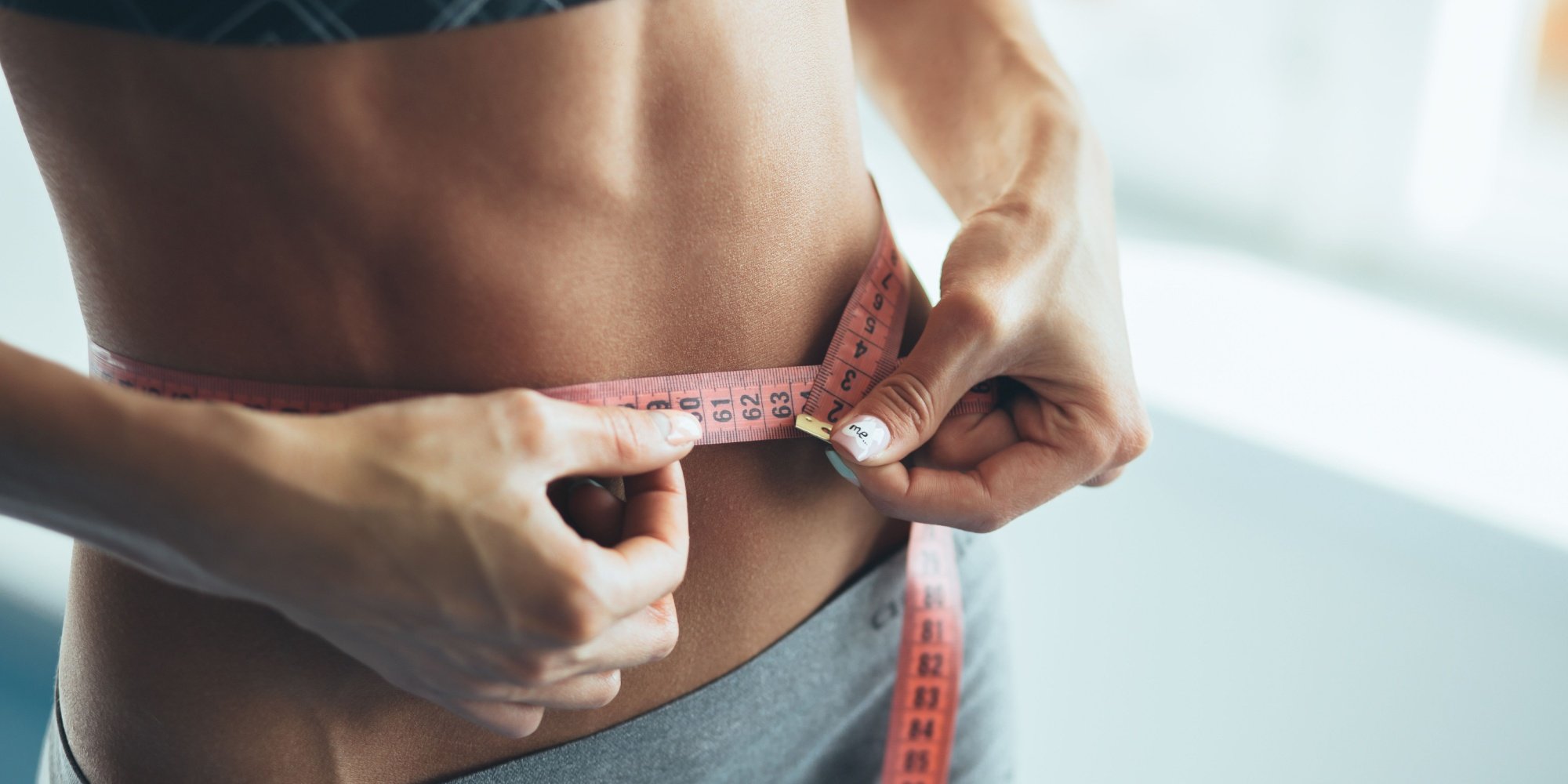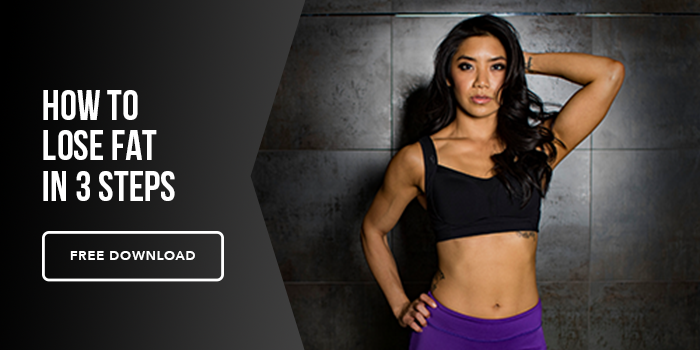The number one goal I get from most of my clients is fat loss. Everyone wants the ability to look good, whether it’s for their life, a wedding, a trip, etc. While losing weight is hard, what I’ve found is that isn’t the hard part. I can get my clients to lose weight, and they’re actually better at it than they think. The issue becomes apparent afterwards. They do all the work to lose the weight, and then end up going back to the old habits that made them gain the weight in the first place. If you take nothing else from this article, just remember this: It didn’t take you 12 weeks to end up with the body you’re currently unhappy with, so don’t think that a quick diet is all you need to lose it AND keep it off.
1. Make it Sustainable
If you truly want to lose weight AND keep it off, your mindset has to shift from short term to long term. Instead of focusing on the idea of being on a diet, any new habit you implement has to become sustainable. It is truly a lifestyle change to maintain your new low weight. Think about that. You literally have a new body at a new weight! It needs to be treated as such. So, when trying to implement my advice below, remember to ask yourself, “Can I see myself doing this 6 months from now?” If you can’t, then the change is too hard, and you should find a way to simplify it even more. That may mean giving only one tip a week until it becomes a habit. It might mean only doing it for one meal a day, until you can acclimate. That’s totally okay. The idea is to make it as simple as possible, so that you don’t feel like you're struggling to keep it in your life.
2. Protein Intake
I don’t like starting off by excluding stuff from your diet. The moment you remove something, what’s the first thing you think about? Whatever it is, you removed it. So instead of excluding things from your diet, start by INCLUDING things in your diet. This begins with protein. Protein is super satiating and amazing at building muscle. It’s also hard to overeat, and even if you did, it’s even harder for the body to convert to body fat. That’s not to say it can’t, but just that when compared to carbs or fats, it’s much harder. It takes 30% of its calories to break down just for digestion. No other macronutrient has that ability at that level. By focusing on eating your protein first, you will most likely end up being too full to eat the carbs that are on the plate. Even if you do eat the carbs, you’ll probably end up eating less than if you hadn’t eaten the protein.
3. Avoid Heavily Processed Foods
Let’s even put aside the inflammatory oils, the lectins, etc.; processed foods are designed to make you overeat. Period. By avoiding them and focusing on whole foods, you will naturally consume LESS calories and avoid being hungry. The example I always use is potatoes and a bag of chips. A full-size bag of chips is equal to 5 potatoes. I don’t know about you, but I can easily destroy a big bag of chips. If you just gave me 5 boiled potatoes, I’d probably eat 3 and be done. So, there you have the literal same food, yet in one scenario, I’m eating half the calories. No tracking is required. Let’s also not forget that the chips are cooked with oil, which adds hundreds of more calories.
4. Find Movement
The idea of getting 10,000 steps got a little over obsessive, but it had a good foundation. We can all benefit from finding ways throughout our day to move more. You don’t have to shoot for 10,000 right away. Find out how many steps you get on average and work your way up to 10,000 until it becomes sustainable. You can add a walk after every meal, and it will have the bonus of helping your digestion. You can find moments to play with your kids, or pick up a sport you’ve been wanting. It’s all movement. The idea here is that not everything has to be about the gym. Make this new lifestyle fun and a new lease on life.
5. Behavioral Changes
It’s not just about what you eat, it’s about why you’re eating. Do you find you overeat when you are just sitting watching TV? Do you choose more processed foods when stressed? That’s okay. The goal here is to start to become mindful of these moments so you can start to adjust as they come up in the future.






